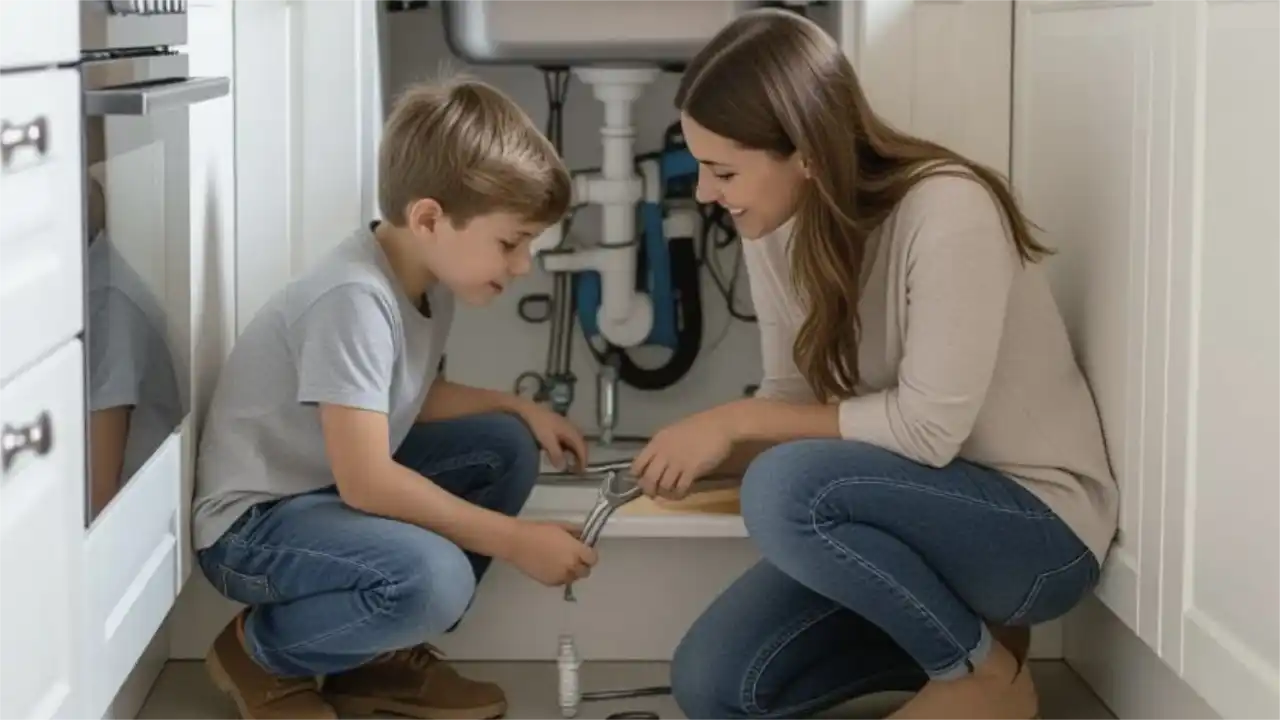
Love for Learning: Dive into Learning
W
hen children see their parents chasing ideas with genuine excitement, something quiet but powerful happens: learning stops feeling like duty and starts feeling like desire. You don’t have to deliver speeches or recite facts—instead, let them catch you mid-discovery. The world offers endless sparks: a recipe that needs adjusting, a plant you’ve never seen before, a word you want to look up. These little acts model a mind in motion. You’re not just teaching them to learn—you’re showing them what it looks like to want to.
One evening, while fixing a leaky faucet, I paused, puzzled by the mechanism. My son hovered nearby. Instead of waving him off, I muttered out loud, “Why is this part jammed?” That question opened a door. He offered a guess, then crouched beside me to figure it out. We didn’t solve it on the spot, but we stayed with the problem. Later, he pulled out a book on household repairs. Not because I told him to, but because he’d seen how even a mundane task could spark inquiry. That’s the kind of moment that rewires how they see learning—less as a chore, more as a reflex.
You don’t need perfect knowledge—just visible curiosity. Read something aloud when it surprises you. Turn a wrong answer into a shared puzzle. Ask for your child’s theory before searching online. These habits don’t just build a learner—they build someone who notices the world and leans into it. When they see you in that posture, they begin to imitate it without effort. That’s how a home becomes a living classroom: not by instruction, but by example.
Love for Learning

Love for Learning: Test with Science
Encourage children to explore questions through hands-on investigation. Science experiments build reasoning, curiosity, and real understanding.

Love for Learning: Show Daily Zeal
Your energy influences your child’s inspiration. Model curiosity, joy, and steady enthusiasm to nurture their love of learning.
Table of contents

Primordial Soup for the Mind: Navigation
Navigate the book Primordial Soup for the Mind.
TIPS
- Let your child see you exploring an idea or asking a question out loud.
- Focus on discovery, not quick answers.
- Celebrate curiosity in daily tasks—fixing something, looking something up, rethinking a plan.
ACTIVITIES
- Wonder Talk: During a chore or project, ask aloud, “Why do you think this works?” Let your child respond, then guess together.
- Try It Again: Repeat a simple task (like stacking cards or bouncing a ball) in two ways. Ask, “What changed? What did we learn?”
EXAMPLE
While fixing a faucet, I asked, “Why is this jammed?” My son joined in, offering guesses and tools. He didn’t just watch—he started exploring, and the next day he wanted to learn how pipes work.

Download “Primordial Soup for the Mind: A Parent’s Guide to Nurturing Intellectual Growth”
Enter your information to get this article and hundreds more as part of the FREE book Primordial Soup for the Mind.
Share your thoughts with the Thought Academy community in the Comments section below.

Sharpen those skills!
Enter your information to get our FREE practice exercises so you can hone your critical thinking and reasoning skills!



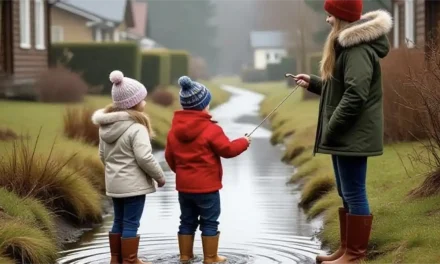
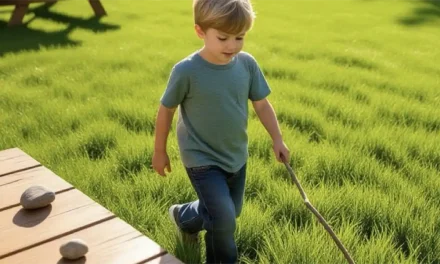
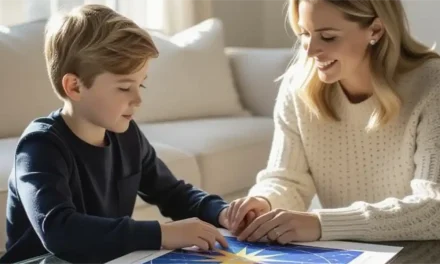
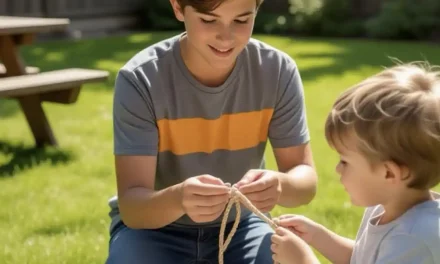
0 Comments